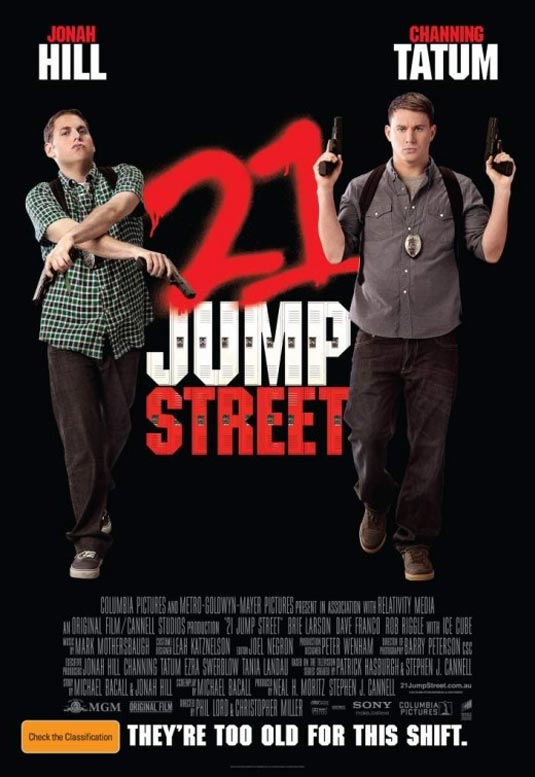 In the months leading up to the release of "The Hunger Games," it was positioned as the next huge book to movie sensation in the tradition of "Harry Potter" and "Twilight." A record number of advance tickets were sold and the movie had a massive opening weekend of $153 million. Is it worth all the hoopla?
In the months leading up to the release of "The Hunger Games," it was positioned as the next huge book to movie sensation in the tradition of "Harry Potter" and "Twilight." A record number of advance tickets were sold and the movie had a massive opening weekend of $153 million. Is it worth all the hoopla?I can say, with a sigh of relief, that, while the film is drawing the kind of numbers that the "Twilight" series has, this is not another "Twilight." Nor is it another "Harry Potter," at least not the early installments of that series. While "The Hunger Games" is based on the first of a three-part young adult series by Suzanne Collins, this is not a childish story.
"The Hunger Games" is set in a dystopian society in which the affluent and powerful live in the Capitol. Surrounding the Capitol are 12 districts that every year must offer up one boy and one girl between the ages of 12 to 18 to fight in a televised battle to the death. The survivor will be heralded and their district rewarded. This sacrifice is in penance for a years-earlier rebellion. The tradition is supposed to represent the government's mercy and the districts' respect.
The protagonist of the film is Katniss Everdeen (Jennifer Lawrence), who volunteers herself as a combatant, or tribute, for the Hunger Games in place of her little sister (Willow Shields), who she was chosen for the competition. Katniss is joined from her district by Peeta Mellark (Josh Hutcherson), who proclaims a secret love for her.
As is true with much science fiction, particularly those set in bleak futures, "The Hunger Games" is meant to reflect the issues that plague our society. It is a cautionary parable that may seem extreme, but gives pause as some things ring a bit too true.
We are a culture that has become obsessed with "reality" based TV shows that often take the form of brutal competition. "The Hunger Games" merely takes that obsession to its most logical and deplorable conclusion.
The film has an impeccable creative team behind it. Director and co-writer Gary Ross also wrote and directed "Pleasantville," a very shrewd social satire, and he brings that same eye for critique to the scenes in the Capitol whose inhabitants dress decadently and act haughty.
Co-screenwriter Billy Ray wrote and directed "Breach" and "Shattered Glass" and co-wrote "State of Play." Those were all films with tightly told, detail oriented stories juggling many characters. The same holds true of "The Hunger Games," which tells its story cleanly even when presenting a barrage of characters and ideas. Collins also receives a screenwriting credit, which should be a relief to fans of the book.
The violence in the film falls squarely under the PG-13 rating. There are a few hard visuals — a brick to a head being the worst — but the film doesn't linger on the violence. This is a premise that could've been exploitive, but Ross shows restraint. The film doesn't glamorize or glorify the killings. The characters that are shown as taking sadistic pleasure in killing are portrayed as villains.
Lawrence as Katniss gives an entirely convincing performance that has quiet grace, strength and intensity. She also shows sweetness, compassion and vulnerability in the scenes she shares with a young tribute (Amandla Stenberg) she teams up with.
The book was told through Katniss' first-person narration. The film, wisely, doesn't rely on the crutch of voice-over narration. It is a testament to the power of Lawrence's performance that she doesn't need to say what she's thinking. Her expressive face says everything and we perfectly understand the emotions she is grappling with from scene to scene.
Hutcherson, recently seen in "Journey 2" and more or less giving the same performance, is merely adequate and struggles to hold his own with Lawrence. He is likeable enough, but there just isn't much there with him.
Lawrence and Hutcherson are surrounded by a top-notch supporting cast including Donald Sutherland as the president, Wes Bentley as the game's producer, and Elizabeth Banks as the woman that selects and manages Katniss and Peeta.
Everyone is on top of their game, but the standouts are Stanley Tucci as a flamboyant talk show host, Woody Harrelson as Katniss and Peeta's alcoholic mentor and, most surprising of all, singer Lenny Kravitz as the stylist that helps Katniss and Peeta make an impression before heading into battle.
Outside of Katniss and Peeta, the other tributes are not given much screen time before being killed off. A lack of character development for these other characters is probably the film's only major weakness.
I haven't read the book, but I am sure the other tributes were more fleshed out. It points to the strength of the film that I want to read the book to discover more about these characters and this world.


